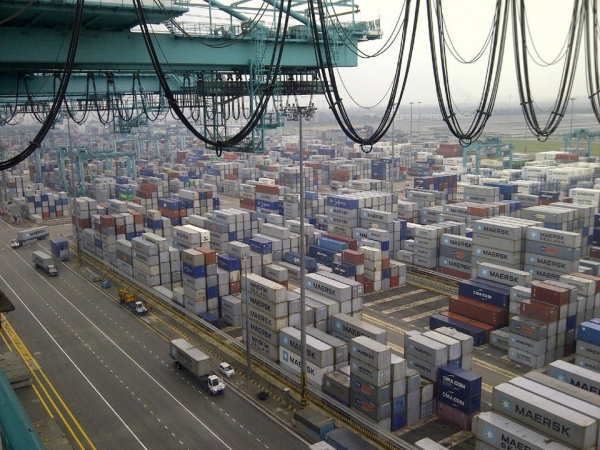 APM Terminals has announced that it will invest more than $2bn in a new port in Nigeria, its largest single investment in a port ever.
APM Terminals has announced that it will invest more than $2bn in a new port in Nigeria, its largest single investment in a port ever.
Peter de Langen through his column “The Analyst” in Port Strategy comments:
“What sets this investment apart from others it has made is that APMT will develop both the container terminal and other activities. The Nigeria investment marks “a strategic shift to multi ports”, said the operator.
“It means we will supplement our own experience in container ports with the establishment of a free zone, an oil port and a bulk port, so in other words a complete port.’
APMT is not the only container terminal operator with non-container activities; DP World also handles dry bulk products like sugar and steel at it’s ‘home port’ in Dubai. But the scale of this investment, the fact that it is the first fully private port development project in Africa, and the APMT statement that it is making a strategic shift to developing diversified ports make this case noteworthy.
As terminal operators, APMT’s core capability is in operations; in its new role, the key capability is development. This focus on development also, in my view, implies a shift towards attracting third parties – such as tank storage companies, like Vopak and Oiltanking, and logistics service providers, like Kuhne & Nagel and Panalpina or others – to its port.The shift from container operations to port development is probably partly due to the increase of BOT-type partnership structures where the operator first develops the terminal facilities. In countries where there is potential for developing diversified ports, a model where individual terminal operators invest in their specific terminals with BOT arrangements is not efficient, but developing a large scale diversified port under one BOT arrangement generates scale economies.
In most large scale port development projects, the container terminal is a core element – think for instance of Rotterdam’s Maasvlakte II project or Tanjung Priok and Kuala Tanjung in Indonesia. This explains why APMT, or any other container terminal operators for that matter, is a credible players to lead the development of a diversified port complex. They face competition from internationally active port authorities, large terminal operating companies in other segments and infrastructure investment funds.
The art of combining container terminal operations – with a focus on lean processes, new technologies, and planning – with port development – responsive to emerging opportunities, partnership orientation, and resilience – is not straightforward. Over time, a separation of the two in different business units may be appropriate.
The success of this development model will be widely followed, as many other African countries could benefit greatly from similar private port development initiatives.”
Read the viewpont through the eye of the Analyst @Port Strategy.












